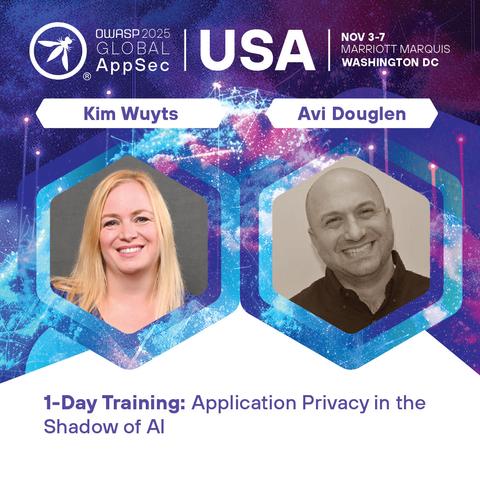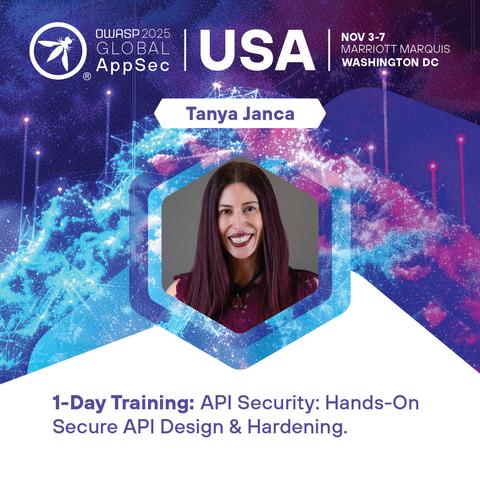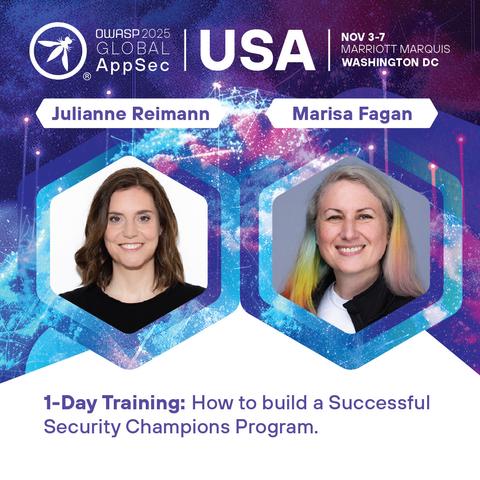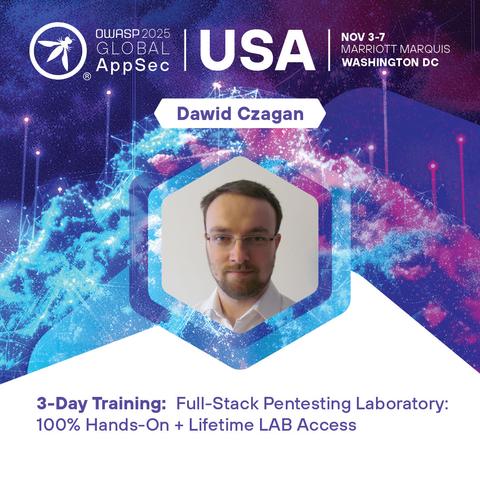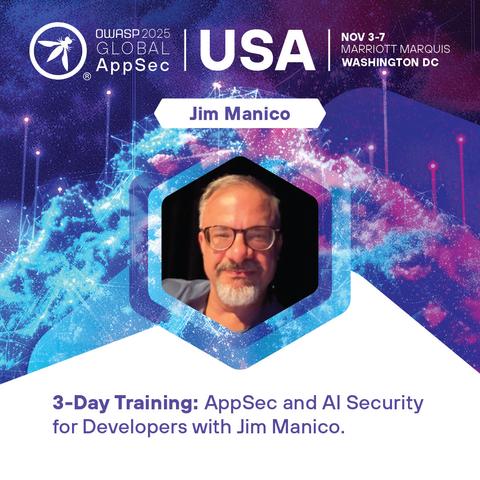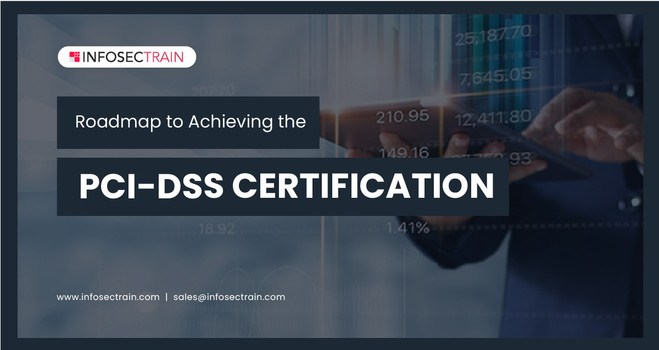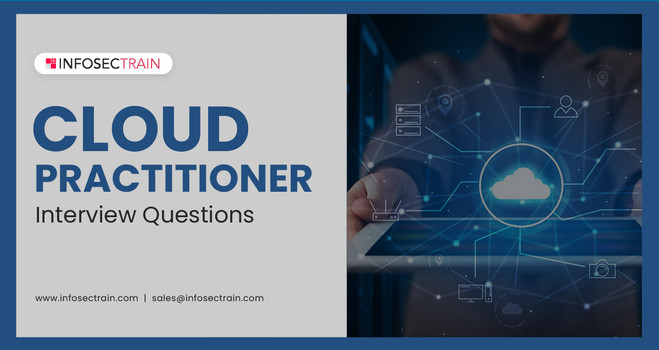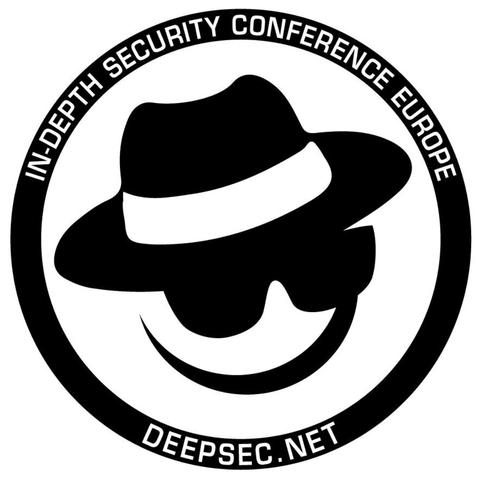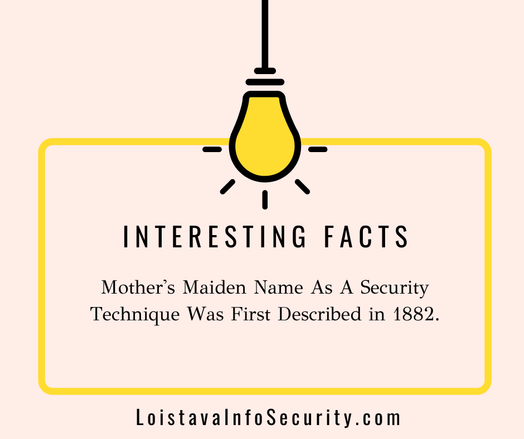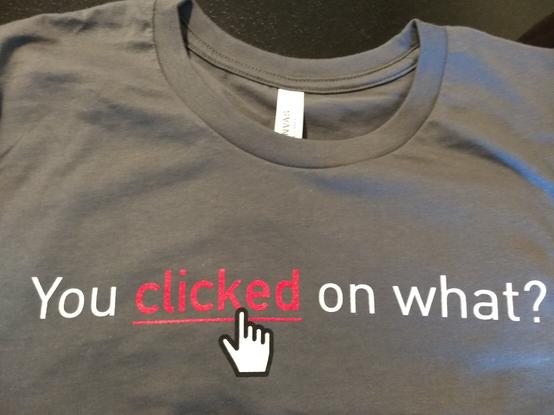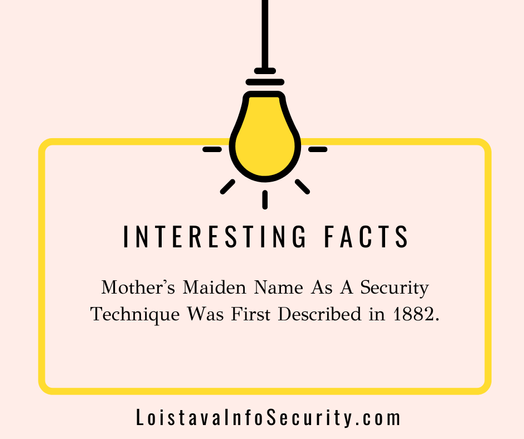You clicked on what?
Check out this piece of conference swag.
An infosec vendor gave out these T-shirts at a conference last year.
Initially this shirt made me laugh, but just wondering if we should try not to make fun of “the stoopid users” so much.
Are "people" really the weakest link in the cybersecurity chain?
Lance Spitzner prefers the phrase:
"People are the primary attack vector."
This subtle change in messaging reframes the conversation, and moves the blame away from the user.
He encourages all of us to stop *blaming* others and figure out how to *enable* instead.
"After all, how many operating systems do you know of that self-report when they've been hacked?"
Just wondering if there are other ways to shift the convo when we engage with ordinary consumers / end users without talking down or making them feel “less than” for their lack of technical skillz?
Cybersecurity savvy *isn't* evenly distributed in the general public. Lots of folks are living below the cybersecurity poverty line, and don't even know it.
#Infosec
#Cybersecurity
#BeCyberSmart
#InfosecTraining
Lance Spitzner is a board member of the National Cybersecurity Alliance and Director, SANS Security Awareness.
